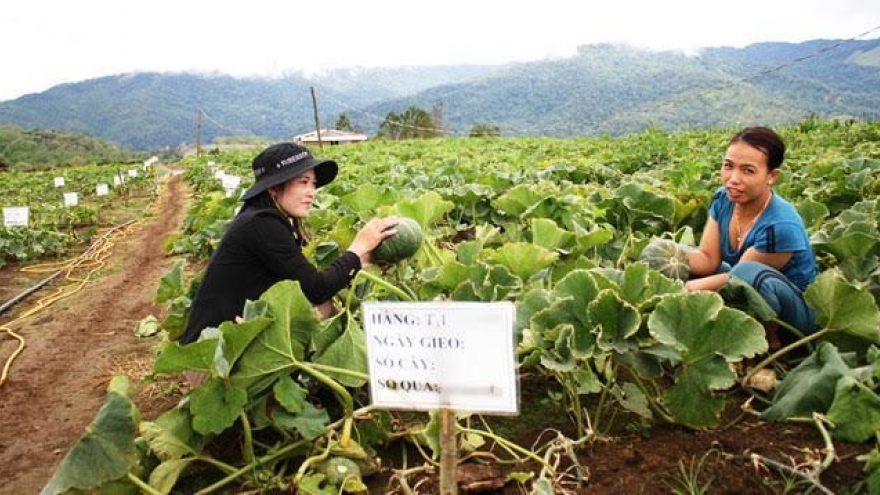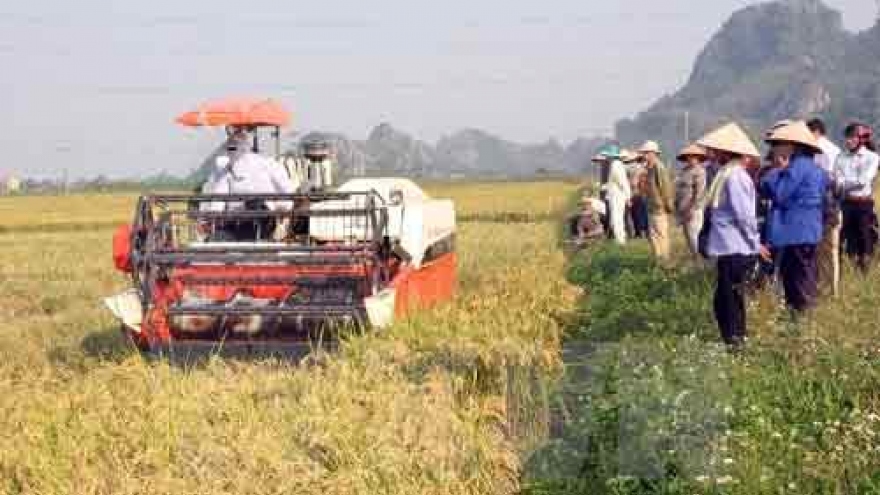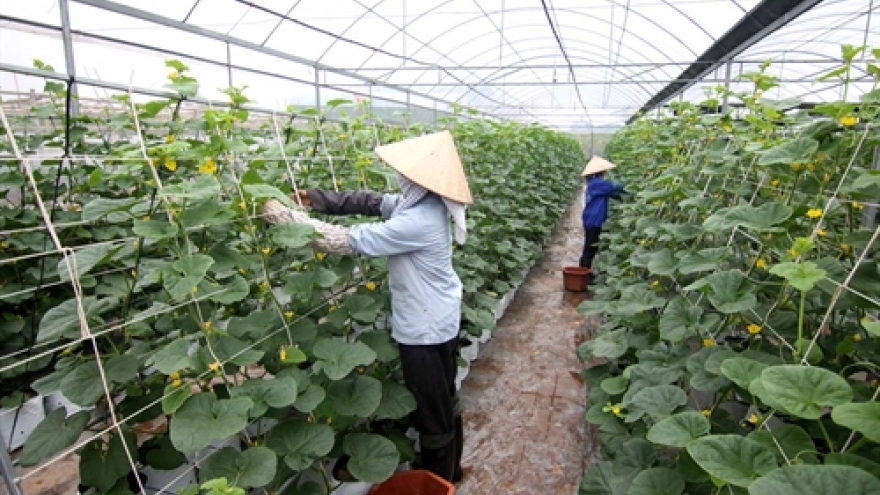ANZ: Agriculture may slow Vietnam's economic growth
In its recent "South by Southeast - Vietnam Q2 Update: Still Firm but Agriculture is a Soft Spot" report, ANZ writes that Vietnam remains the only Asian economy bucking the regional trade recession.
According to the report, Vietnam continued to record firm export growth in a region where sustained double-digit contractions in exports remain the norm.
It also acknowledges downside risks in its GDP growth forecasts of 6.9% in 2016 and 6.5% in 2017.
The lower-than-expected first quarter GDP growth, which came in at 5.5% year-on-year, was mainly due to contractions in agricultural output.
There are increasing indications that agricultural exports may be in for a tough year on the back of the prolonged effects of the El Nino weather pattern.
 |
Agricultural output, which accounts for 16.1% of the economy, contracted 1.2% year-on-year in the first quarter.
Crops were damaged by both the early onset of the cold weather in the north and the severe drought in the Mekong Delta.
The outlook for agricultural exports (around 12% of Vietnam's total) has dimmed along with expected declines in global rice production.
While food supply will likely be tighter, inflation will not necessarily surge immediately. An IMF paper from 2013 found that Vietnam has a higher degree of persistence in inflation than other countries.
This could be due to the higher proportion of the CPI basket being under the price stabilization mechanism.
In any case, the slow rise of oil prices will likely cap headline inflation to an average of 1.7% year-on-year in 2016 and 2.5% in 2017.
Short-term predictions for Vietnam by ANZ
·Agricultural production will be under pressure due to the protracted effects of El Nino;
·Construction and real estate will likely maintain their ascent;
·Robust growth in services will act as a cushion;
·Inflation will continue its slow ascent. It forecasts headline prints to average 1.7% year-on-year in 2016 and 2.5% in 2017 (from 2.0% and 2.7%, respectively);
·Import growth will likely ease due to favorable base effects;
·Export growth will remain strong as Vietnam squeezes market share from its regional peers. But weak global demand will be a dampener;
·The trade balance, aided by a more flexible exchange rate, should stabilize, allowing the central bank to rebuild its FX reserves;
·Though the future of the TPP is dim, the ratification of the EU-Vietnam FTA should open up a whole new market for Vietnam’s exports, specifically footwear and apparel goods.




